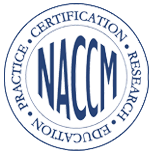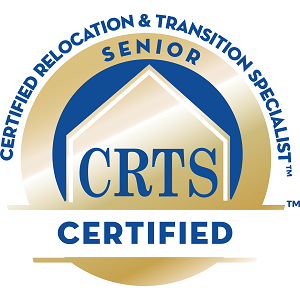The Role of PRI and Screen in Developing Care Plans
As our loved ones age, their needs tend to evolve, often demanding tailored approaches to care. Personalized care plans are instrumental in ensuring that aging seniors not only receive the requisite medical attention but also feel understood, valued, and supported in their unique journeys. At the heart of creating these individualized care plans are comprehensive assessments, such as the PRI and Screen. This article will delve deeper into the significance of PRI and Screen, illuminating their essential role in crafting effective care plans for seniors.
What is the Patient Review Instrument (PRI)?
The Patient Review Instrument, or PRI, is an assessment designed by the New York State Department of Health. Its purpose is to assess the specific physical, medical, and cognitive traits of nursing home residents, ensuring they receive tailored care that aligns with their unique needs.
More specifically, the PRI encompasses:
- Administrative Data: Basic details like a resident’s name and facility location.
- Medical Details: Specific conditions like diabetes and treatments such as wound care.
- Activities of Daily Living: Evaluates independence in tasks like eating and mobility.
- Behavioral Observations: Records any disruptive actions or experiences of hallucinations.
- Specialized Services: Tracks therapies, physician visits, and medication details.
- Primary Diagnosis: Identifies the most nursing-intensive medical condition.
What is the Screen Process?
The screen plays a pivotal role in evaluating a patient’s readiness and appropriateness for various care settings. Before considering admission to a long-term care facility, it’s crucial to determine if a patient can potentially return to their community or if long-term placement is a more suitable option. The Screen is designed exactly for this determination.
The assessment dives deep into several primary domains to form a holistic view of the patient’s well-being:
- Cognitive Status: Evaluates the patient’s mental clarity, memory retention, and decision-making capabilities.
- Depression Assessment: Analyzes signs of depression, its severity, and its potential impacts on daily life.
- Potential for Rehabilitation: Weighs the likelihood of the patient benefiting from rehabilitative interventions, which could facilitate their return to the community.
Incorporating PRI and Screen into Care Plans
Successfully blending the insights from both PRI and Screen evaluations paves the way for creating truly tailored care plans. This integration ensures that every facet of an individual’s needs, from medical to behavioral, is addressed holistically.
The Interdisciplinary Approach
An interdisciplinary approach to care ensures that all aspects of a senior’s health and well-being are considered holistically. Professionals from various disciplines– including physicians, nurses, therapists, social workers, nutritionists, and care managers– collaborate to develop a comprehensive care plan. When the PRI identifies a particular medical condition, care managers can liaise with the relevant professionals, ensuring that both medical and therapeutic needs are addressed. Similarly, the Screen’s findings can guide a care manager in coordinating with other professionals to determine the best care strategy and support structure.
Tailoring Interventions to Individual Needs
Each individual has unique needs and challenges. The PRI and Screen tools offer invaluable insights into a senior’s health and capabilities, but it’s the combined expertise of the healthcare team that translates these findings into actionable interventions. For instance, when the PRI highlights mobility challenges, therapists might design specific physical exercises, while care managers ensure that these exercises integrate smoothly into the individual’s daily routine. Similarly, cognitive concerns might lead to specialized activities, ensuring that interventions are not just broad strokes but tailored intricately to fit individual needs.
Ongoing Reassessments and Plan Adjustments
The journey of care is dynamic and needs periodic reassessments. While the PRI and Screen act as foundational assessment tools, it’s vital to regularly revisit and update care plans to account for changes in an individual’s condition. As needs evolve, therapists might adjust therapeutic interventions, physicians might revise medication dosages, and care managers ensure these transitions occur seamlessly, always keeping the individual’s best interests at the forefront. This iterative process guarantees that the care provided remains relevant and optimized for the best possible outcomes.
Navigating PRI and Screen with Care Managers
In the intricate realm of senior care, tools like the PRI and Screen are invaluable. Care managers are instrumental in interpreting these assessments, crafting holistic care plans, and coordinating with interdisciplinary teams. Their expertise ensures that the individual’s unique needs are central to the care provided, making them an indispensable part of the process.
Considering a PRI and Screen assessment? Reflections Management and Care is here to help. Get in touch with us today and ensure the best-tailored care for your loved ones.














